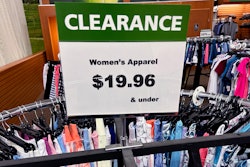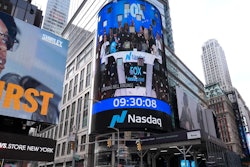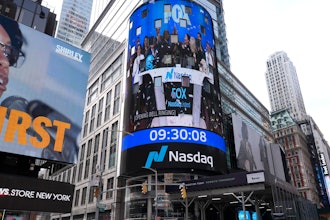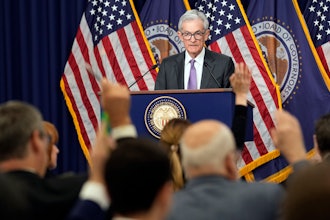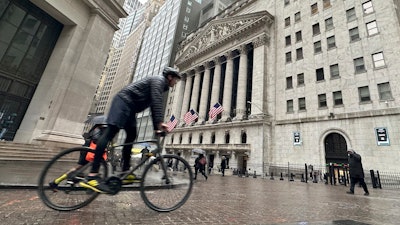
NEW YORK (AP) — The small group of stocks that's been driving Wall Street to records is getting even smaller.
Last year just a handful of companies were responsible for most of the U.S. stock market's total return. It's an exclusive enough club that they've come to be known as the "Magnificent Seven." Alphabet, Amazon, Apple, Meta Platforms, Microsoft, Nvidia and Tesla alone accounted for 62% of the S&P 500's return last year, including dividends.
So far this year, just four have been responsible for more than half the S&P 500's total return through February. Nvidia, Meta Platforms, Microsoft and Amazon accounted for 55% of the index's returns, according to S&P Dow Jones Indexes.
Tesla and Apple have become not so magnificent after their stock prices fell through the year's first two months. Alphabet's was close to flat. They've been unable to maintain momentum in the face of rising expectations they need to meet to justify their stock prices.
Such a top-heavy market is a worrying signal for many market watchers.
"Eventually, narrow market breadth has almost always gotten resolved the same way," according to Darrell Cronk, president at Wells Fargo Investment Institute. "Narrow rallies often have led to sizable drawdowns, as the handful of market leaders ultimately are unable to generate enough earnings strength to justify lofty valuations and crowded sentiment positioning."
Last year, when 10 stocks accounted for more than two thirds of the S&P 500's gain, it was nearly a record for narrowness of the market. It was also similar to readings for the market in 2007, 2020, 1999 and 2021. In three of those four episodes, stocks tumbled by more than 10% the following year.
The market seemed set for a broadening of leadership late last year, when smaller companies were closing the performance gap somewhat with Wall Street's behemoths. But the divide has remained stark this year.
Some professional investors still see indications that smaller stocks could shoulder some of the market's leadership. The smallest stocks in the Russell 2000 index rose 1.4% in the year's first two months. While that's less than the S&P 500's gain of 6.8%, it's at least still positive.
And the surprisingly resilient U.S. economy should help drive profits for smaller companies, which can follow the trends of the economy more than huge multinational corporations.
Still, the lesson so far this year on Wall Street may be to be wary of how fleeting magnificence can be.




